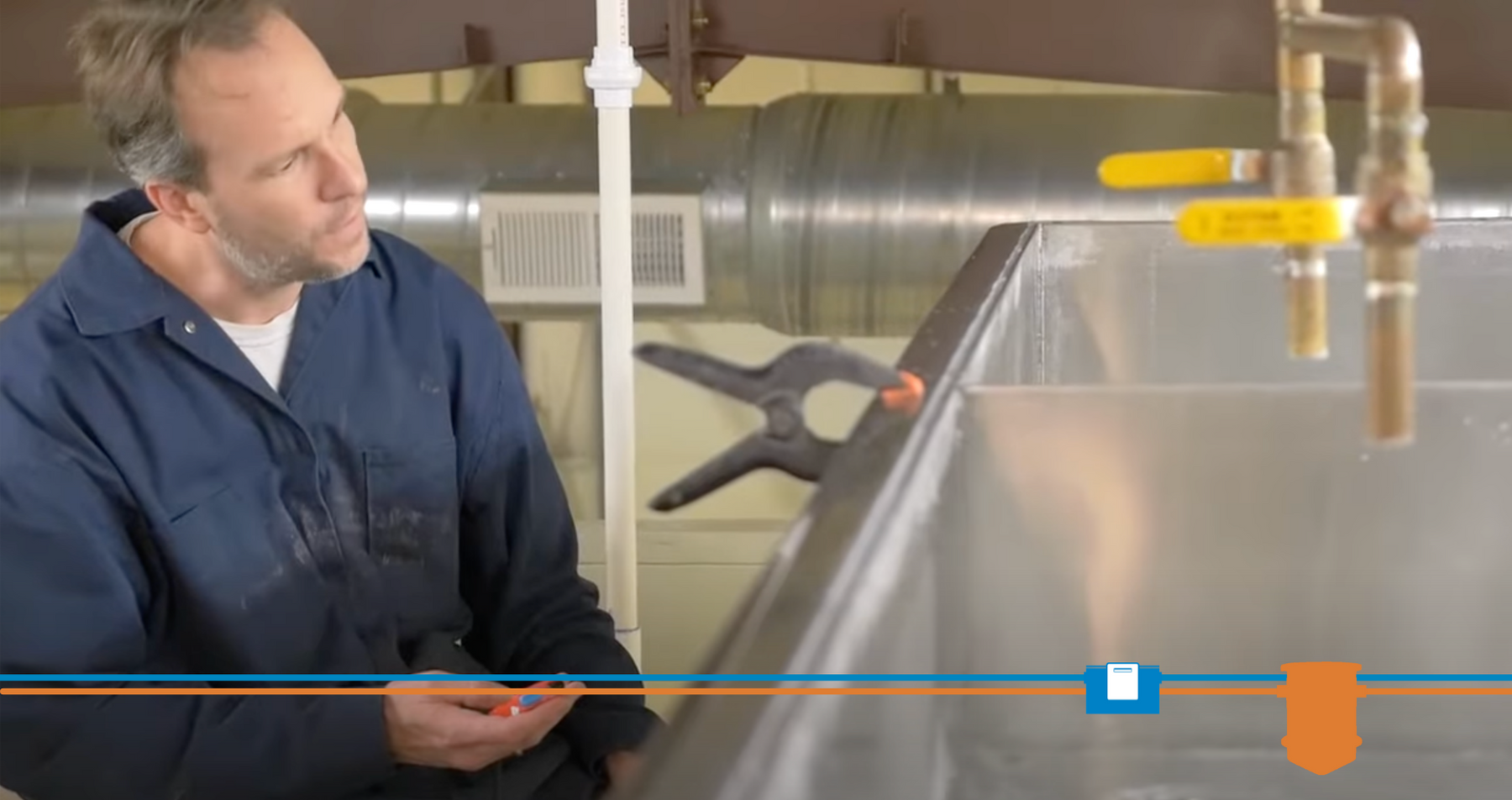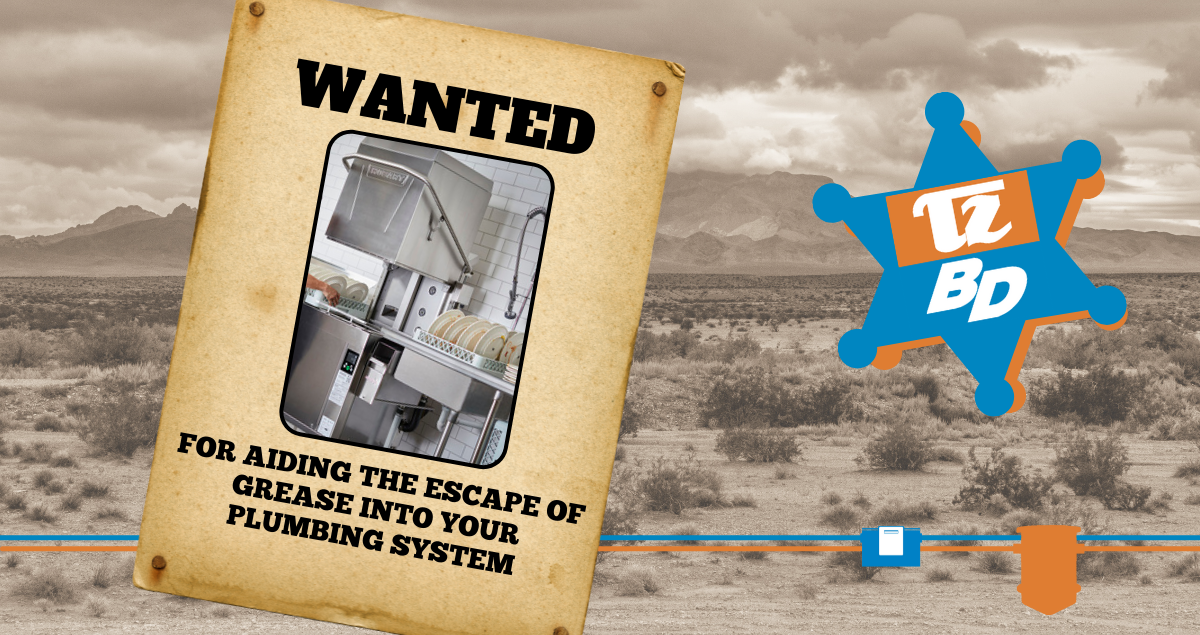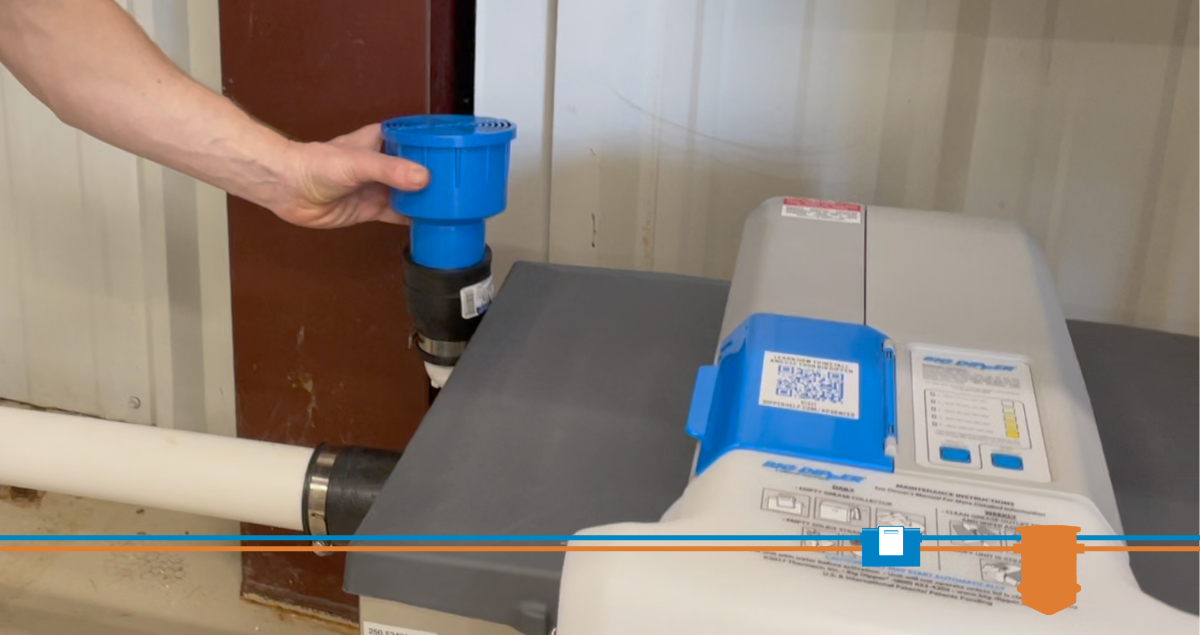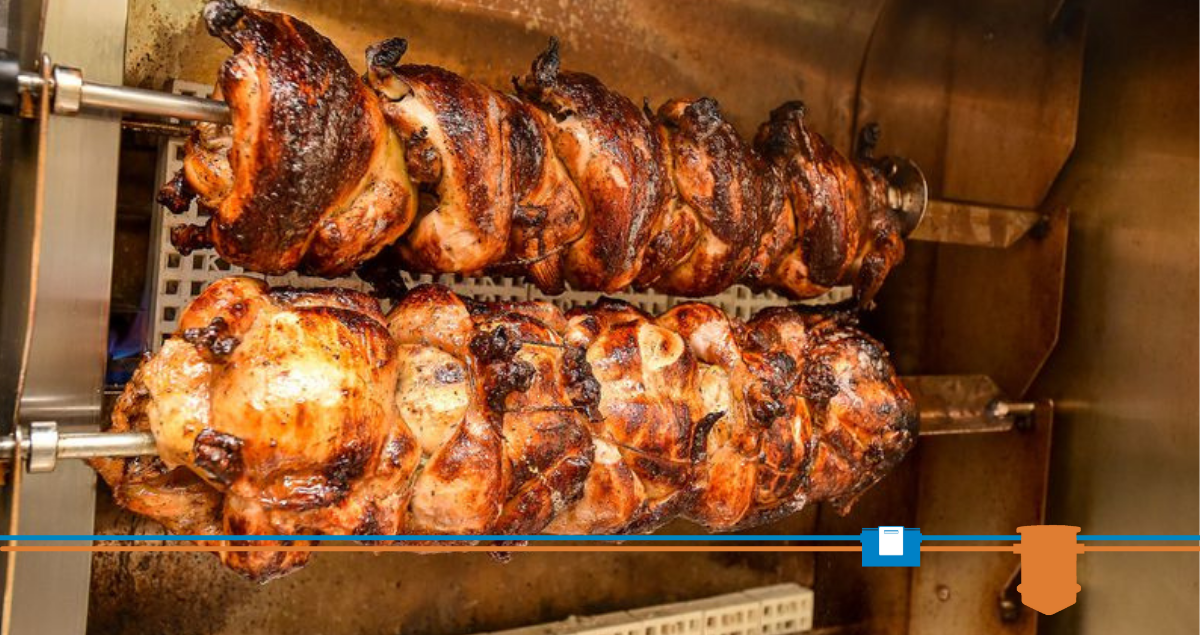Nine types of facilities that need oil-water separators
- Sep 29, 2015
Federal, state and local clean water regulations require facilities that generate petroleum oil waste to use oil-water separators to ensure oil doesn’t escape into the sewer system. When oil does escape, not only can it cause big problems for treatment systems, it can also mean significant fines and other penalties for the facility that produced the waste oil.
While specific regulations vary somewhat from state to state, here are nine types of facilities that are commonly required to have oil-water separators.
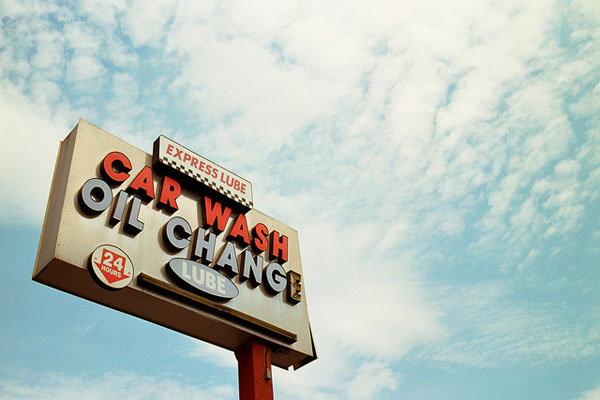
1. Car washes
Car washing facilities — and especially those with equipment to clean vehicle undercarriages — are typically required to have oil-water separators. The oil, grease and grime that’s washed off when a vehicle is cleaned must be separated from wastewater so it doesn’t get into the sewer system.
2. Vehicle repair facilities
Oil-and-lube shops, auto repair garages, car dealerships, fleet maintenance garages and other facilities that deal with vehicles and oil are required to use oil-water separators.
3. Airplane hangars
Just as wheeled vehicles require motor oil, other lubricants and gasoline to function properly, so do aircraft. Just like auto repair shops, the hangars where airplanes and helicopters are stored and maintained need oil-water separators
4. Airports
It’s not just the hangars at an airport where grease and oil could accumulate. Runways, the tarmac and garages for various ground vehicles and machinery mean there are lots of opportunities for oil to end up in the sewer system if it’s not intercepted first.
5. Parking lots and parking garages
What happens when you put a lot of vehicles in one place? If any of them are leaking oil that has the potential to be washed into storm drains, especially during rainstorms. Many municipalities require parking lots and parking garages to install and maintain oil-water separators to minimize contaminated runoff.
6. Rail yards
Trains use lots of oil, for lubrication and other purposes. Rail yards, as a result, are hot spots for waste oil and grease. As a result, they’re required to install oil-water separators.
7. Plants that handle petroleum products
Not surprisingly, plants that handle petroleum products are required to make sure those products don’t escape into the wastewater system or contaminate groundwater due to spills. These facilities include petroleum refineries, as well as other plants that use petrochemicals in their manufacturing process or employ machinery that uses lubricants or oil.
8. Tank farms
Those massive fuel storage facilities are sites that are particularly vulnerable to accidental spills of oil and other petroleum products. Tank farms will typically need oil-water separators as part of an environmental management system to reduce their impact on run-off going into storm drains, groundwater and any natural waterways.
9. Military facilities
Military facilities — just like auto-repair shops and airports — deal with the same kind of vehicle storage, maintenance and repair challenges that their civilian counterparts do. Military facilities have long been required by law to meet federal clean water standards, which means they must take steps to keep oil out of run-off and wastewater.
If you manage or service these kinds of facilities, be sure to consult your local and state regulations to find out what’s required to separate oil from water. Typically those regulations will also address grit and solids that are often found in oil, as well as other chemicals.

